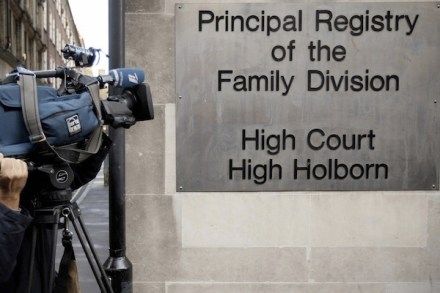Don’t knock our fearless Fridge Kids
At this time of the year, well-meaning folk of otherwise sound mind start to get very sniffy about the impending Winter Olympics. Well, time to pipe down. Sure, we don’t have that many mountains, and we don’t have a great tradition of professional downhill racing (though we have some brilliant amateurs — after all we Brits more or less invented ski-racing in the 1920s). But these Games could be a chance for Britain to do better. The target is five medals, more than ever before. We might not have many downhill racers, but we do have the ‘Fridge Kids’, a bunch of outstanding and attractive young people, full of zest






















